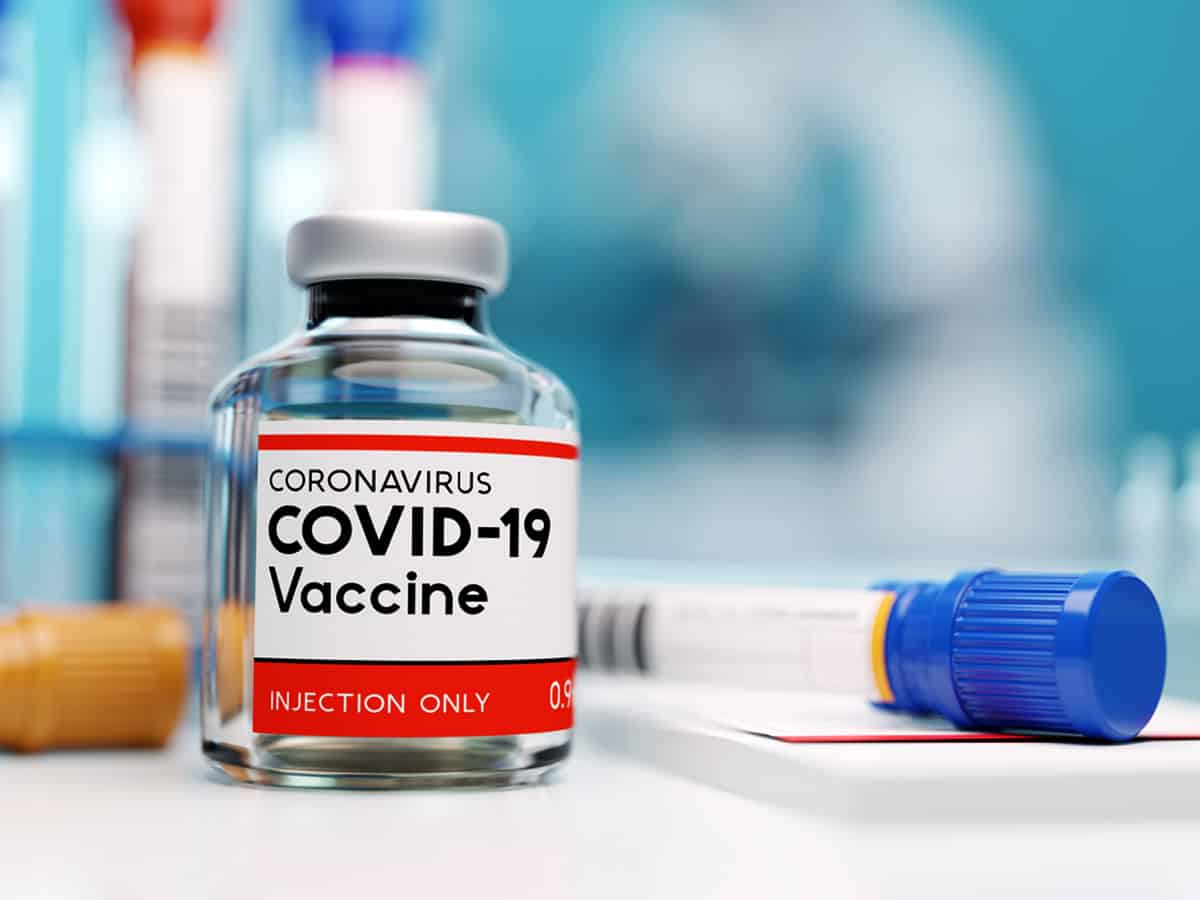

Two Covid-19 vaccine front-runners claim nearly 95 percent effective in the final stage of trials. Pfizer and BioNTech vaccine and Moderna vaccine, each claimed highly effective. Well, there are many other vaccine manufacturers around the world that are inching towards the completion of final trials, but let us see how much do they cost, how are they stored and which country bought them first, how they are distributed, and many more.
Moderna
The US biotechnology firm claimed their vaccine candidate more than 94 percent effective in preventing the Covid-19. The Moderna vaccine will have two injections four weeks apart.
Moderna reportedly will charge somewhere between $32 to $37 per dose, though the talks are on to lower the price for larger volume agreements. Moderna is planning for more than 20 million doses of the vaccine to be shipped to the US before December and nearly 1 billion doses globally in early next year. Moderna agreed to supply 100 million doses in the US, while the UK ordered 50 million, Canada 56 million and Switzerland ordered 4.5 million doses.
The RNA or mRNA technology used in the Moderna vaccine uses genetic material to provoke an immune response. Moderna vaccine candidates can be kept stable at the standard home refrigerator for up to 30 days and can be stored at negative 4 degrees Fahrenheit for up to six months.
Pfizer-BioNTech
Claiming 95 percent effective in preventing Covid-19, Pfizer is also the front runner waiting to get approvals to start manufacturing. Pfizer too will be having two doses 21 days apart.
The storage of Pfizer is much complicated than that of Moderna, as the Pfizer vaccine candidate needs to be stored at negative 94 degrees Fahrenheit. It also requires special storage equipment and transportation. Pfizer can be kept in a regular refrigerator for five days.
Pfizer is planning to charge $20 per dose. The European Union has ordered 300 million doses and Japan ordered 120 million doses, while the US has ordered 100 million. The UK, Australia, Chile, and Canada reportedly procured at least 10 million doses of the Pfizer-BioNTech vaccine.
AstraZeneca-Oxford
The trials by this British Pharma giant in collaboration with the University of Oxford have not been concluded. AstraZeneca is in the process of adding a final ingredient to its vials so they can be kept at regular fridge temperatures.
AstraZeneca-Oxford vaccine, like the other two, requires two doses and is priced at around $3. The UK, Japan, Indonesia, Brazil, and Latin America reportedly ordered more than 100 million doses each. The US and India ordered 500 million doses each and the EU agreed to procure 400 million doses. The Covax facility too ordered 300 million.
Johnson & Johnson
Johnson & Johnson is based on adenovirus vectors or gene carriers, the same technology that was used to develop the Ebola vaccine. Johnson & Johnson’s vaccine is a one-dose shot unlike the other front-runners’.
J&J’s single-shot trials are positive and they could be having some edge over the other competitors. Johnson & Johnson’s vaccine can be kept in regular refrigerators and it could cost around $10 for a dose. The EU reportedly ordered 200 million doses and the US ordered 100 million. Canada is looking at some 38 million doses while the UK has procured 30 million.
Safety & Side Effects
Moderna said their vaccine did not have any significant side effects, but there is a small percentage of those received that experienced body pains and headaches. It is a common symptom that people might experience after a flu shot.
There were no safety concerns except the main side effects are injection site pain, fatigue, joint aches, and headache, mostly experienced after the second injection.
Who Will Get The Vaccine First?
In the US, the vaccine won’t be ready for everyone at first, but the highest priority groups, frontline health workers, people with underlying medical conditions, and the elderly will be getting it first. the vaccinations for all other would-be starts in April and goes on until July or later.
Are these Vaccines Compulsory?
The Covid-19 vaccine in the US and the UK may not be mandatory. The Covid-19 vaccination helps not just the individuals but makes it easier to achieve community or herd immunity. At least 55 percent of the population needs to be accepted to provide community immunity.
This post was last modified on 19 November 2020 8:29 am
Venky Kudumula is one of the young filmmakers in Telugu who received an opportunity to…
After struggling big time in career, Bobby Deol found success with Animal and his new…